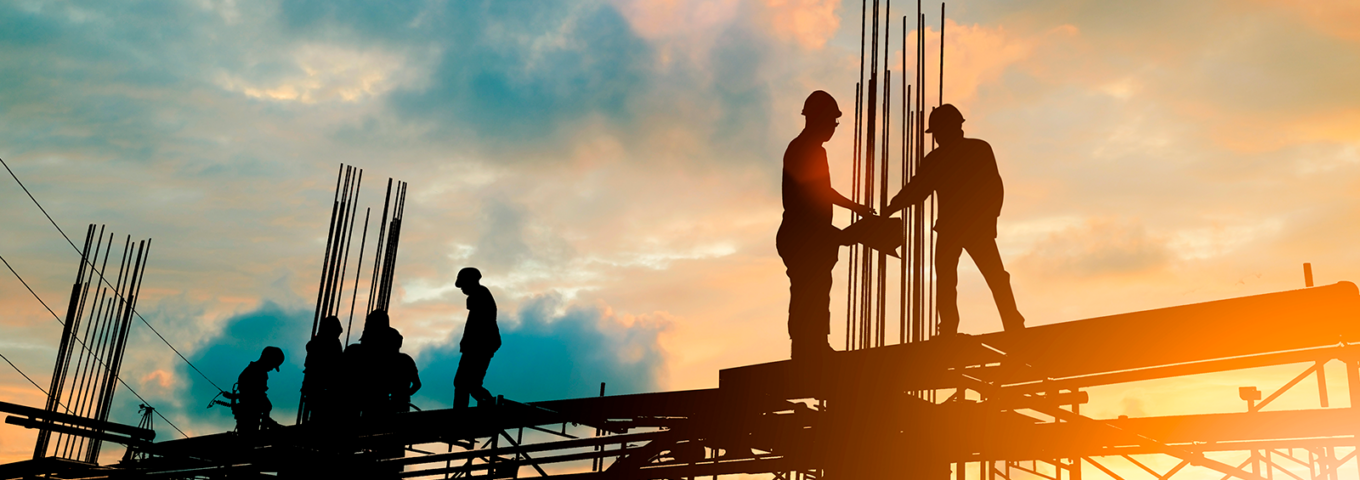Construction, Covid-19 and arbitration: where we are and where will we end?
Associate Lawyer at Toledo Marchetti Advogados
In the past few weeks, Brazil has been (and continues to be) severely impacted by the Covid-19 pandemic. Much more than a health problem, the COVID-19 and its effects also became a political and economic problem. Specifically, in the economic sphere, almost all sectors were deeply impacted, with a drop in demand, restrictions on the operation of various activities, restrictions on the circulation on public roads or on the access to cities, limitations on obtaining inputs and raw materials, among many other impacts.
The construction and infrastructure industry was not faced with a different scenario: paralyzed or suspended works, impacts on the chain of suppliers and service providers, leave of absence for workers in risk groups, impairment of funds available to construction owners, among others. There is, therefore, a perfect scenario for the appearance of all sorts of claims from all parties involved.
The situation is particularly complex because there is still a scenario of factual and legal uncertainty. On the one hand, one cannot specify the ultimate impacts or foresee future prospects. On the other hand, it is not possible to determine in advance the legal treatment to be adopted, since each situation has its own contractual and legal specificities.
In other words: there is no fit-for-all legal solution and the vast majority of construction cases will require a customized solution.
Much is said about the qualification of the COVID-19 pandemic as an act of God or force majeure event. However, there is no such binding connection and unforeseeable circumstances or force majeure will not be the legal solution for all cases. It is important to remember, firstly, that the characterization of an act of God or a force majeure event depends on the fulfillment of a set of requirements, among which are the occurrence of an unpredictable event after the formation of the contract that is external to the parties and, also, the inability of the party to perform its obligations due to that specific event. This is how Article 393 of the Brazilian Civil Code regulates an act of God or a force majeure event, as a cause for exclusion of liability – without precluding the parties from also determining otherwise in their contract. It is worth highlighting: a defense based on an act of God or a force majeure event will depend on the concrete impact suffered by the party that is alleging it, i.e. it is not something characterized in the abstract.
It is essential to remember that, besides these options, there are several other legal and contractual rules that may also be applicable to the situation and the impacts generated by COVID-19. This is the case, for example, of the theory of breach of the basis upon which the contract is formed and hardship (or the Brazilian rules applicable to excessively onerous contracts). Not to mention the possibility of applying clauses regulating the unilateral suspension of the contract by the owner of the construction or a supervening legislative change.
Therefore, the COVID-19 pandemic and its effects raise numerous issues related to construction and infrastructure contracts. These issues will be raised through claims and, when not resolved amicably, will most likely be at the center of arbitral proceedings.


